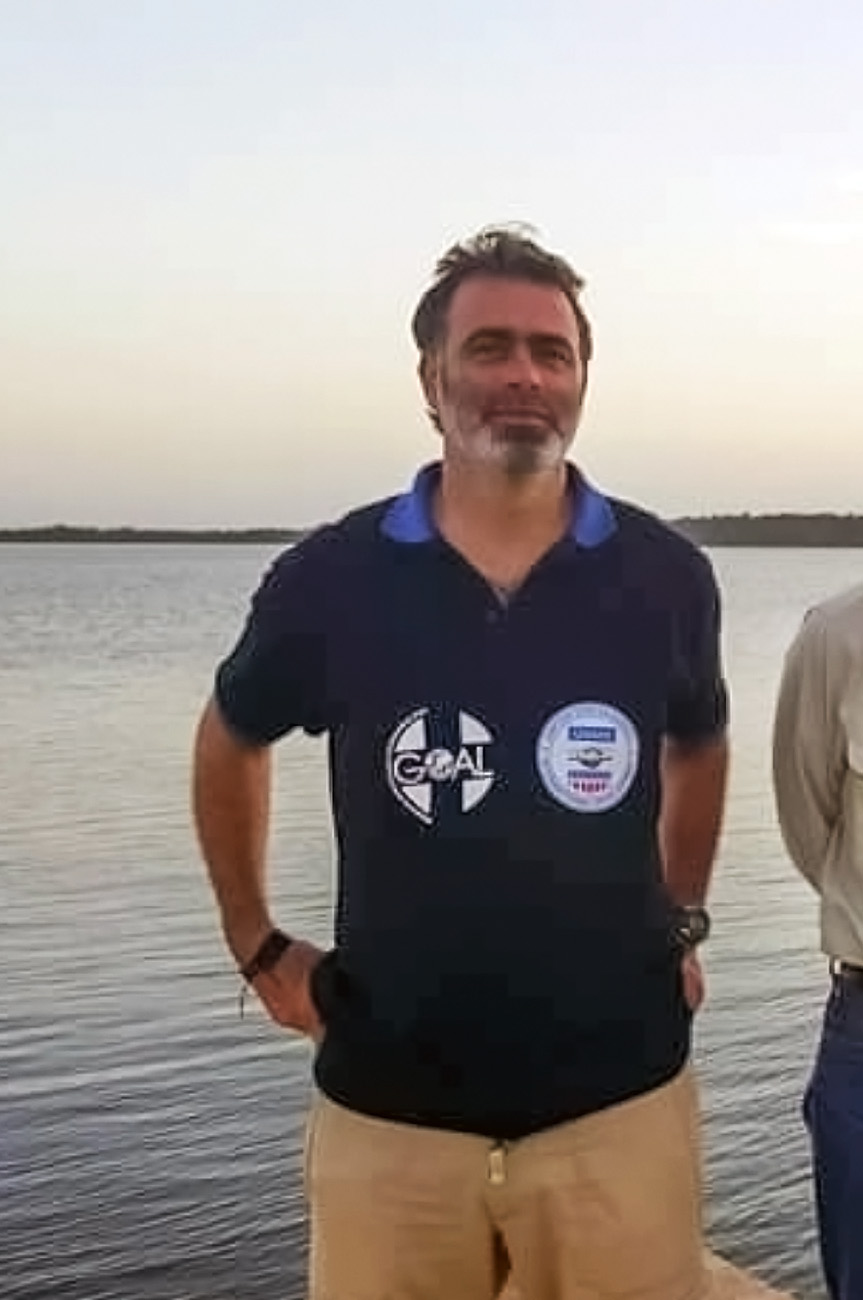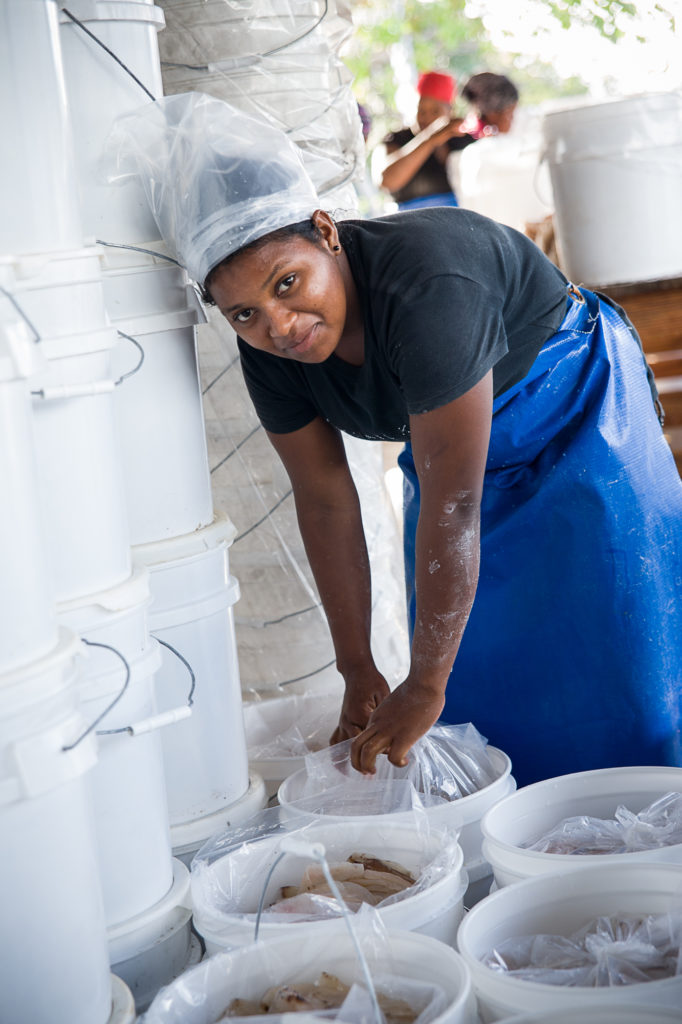 Blogs
Blogs
February 21, 2017 • 3 min read

"Bernard McCaul, GOAL Honduras, describes how GOAL is aiding the development of fisheries in Honduras."
La Moskitia, a region of tropical rainforest, mangrove, long sandy beaches and marshland on the coast of Honduras, is one of the most isolated and inaccessible regions of Central America.
Often referred to as the Central American Amazon, it is also one of the poorest.
Running water and electricity are unknown to the vast majority of people there, while the region has been plagued with unemployment for decades.
The primary source of economic development in the region is fisheries. Despite the fact that approximately 25,000 people in La Moskitia depend on the sector, it remains underfunded, under-resourced and unregulated.
Thankfully, there is hope. Investment and development in the fisheries sector in La Moskitia has the potential to vastly improve the lives of the people of this region. This is one of the primary reasons why GOAL has been working with the people of La Moskitia for the past 15 years.
Recently, the aid agency developed a strategy for the development of sustainable and inclusive fisheries in La Moskitia. They called it ‘MiPesca’. ‘MiPesca’ aims to increase the resilience of small scale fisheries in the region by developing a sustainable market system that is effective in reducing poverty, and is resilient to shocks (such as natural hazards like hurricanes and storm surges) and stresses (such as climate change and conflict).”Although the fisheries sector in Honduras is currently dominated by a small number of industrial fishers, projects like this demonstrate that this can change.”Bernard McCaul, Regional Director for GOAL Latin America CaribbeanGOAL team in Honduras provide assistance to 25 fishing associations
Funding of US$3.5 million by the Inter-American Development Bank is currently helping the GOAL team in Honduras provide assistance to 25 fishing associations and more than 3,000 fishermen and women in La Moskitia.
In the remote community of Kruta, for example, GOAL has helped members of a local fishers’ cooperative called KAUMA to adapt their motor boats to operate as sail boats. Although the practice had almost disappeared because of the introduction of outboard motors and industrialized fishing techniques, fishing by sail boat is proving to be a much more sustainable and viable fishing alternative. This is due in the main to the increasing cost of fuels and the restrictions placed on industrial fishing practices.
One of the techniques being introduced is the use of lightweight trawl nets for shrimp fishing. These nets are known as ‘suri pera’. This technique results in shrimp accounting for 90 per cent of the overall catch. This compares favourably to the industrial boats, where shrimp accounts for a mere 10 per cent of the overall catch.
Although the fisheries sector in Honduras is currently dominated by a small number of industrial fishers, projects like this demonstrate that this can change. Upskilling and professionalising small-scale fisheries in places like La Moskitia will help ensure that the local community benefits more from the sector. These benefits can include increased employment and better oversight of fishery resources by local stakeholders.
The development of small-scale fisheries in Honduras is undoubtedly a big challenge, but with the support of GOAL and others, it is eminently achievable.
Bernard McCaul, is Regional Director for GOAL Latin America Caribbean (pictured above left.)

